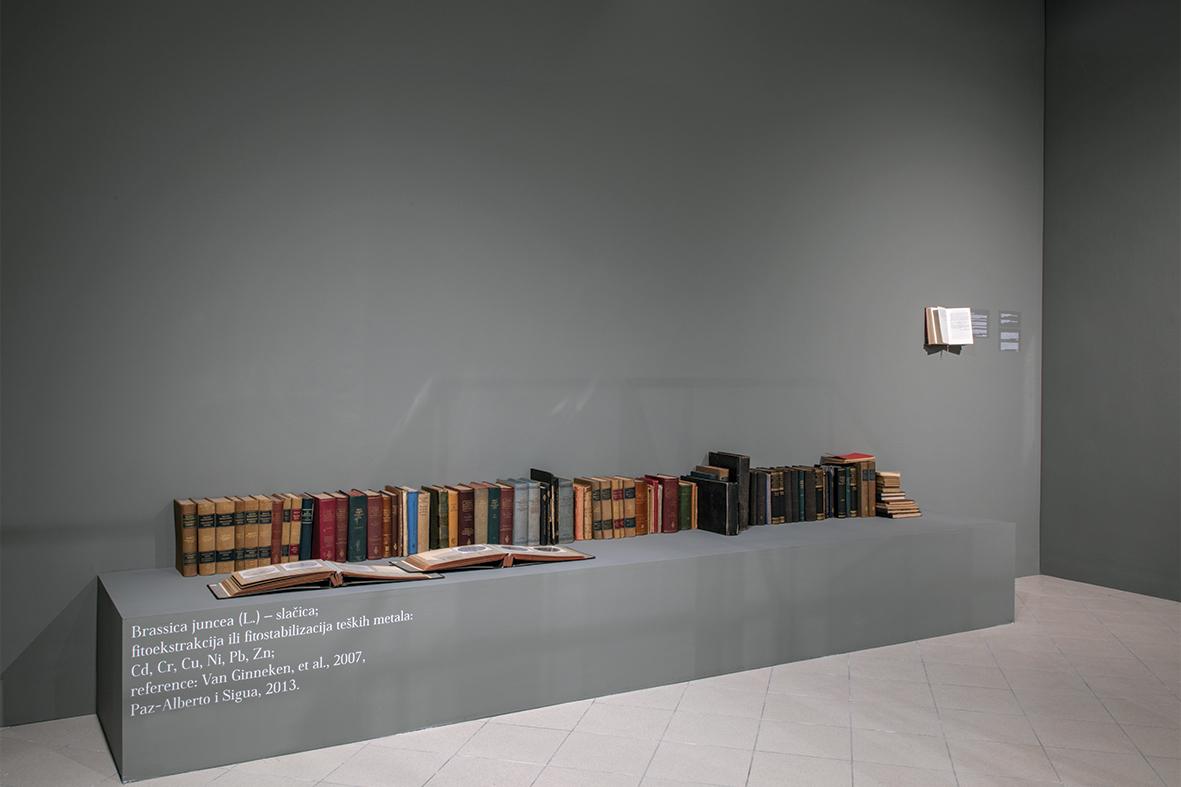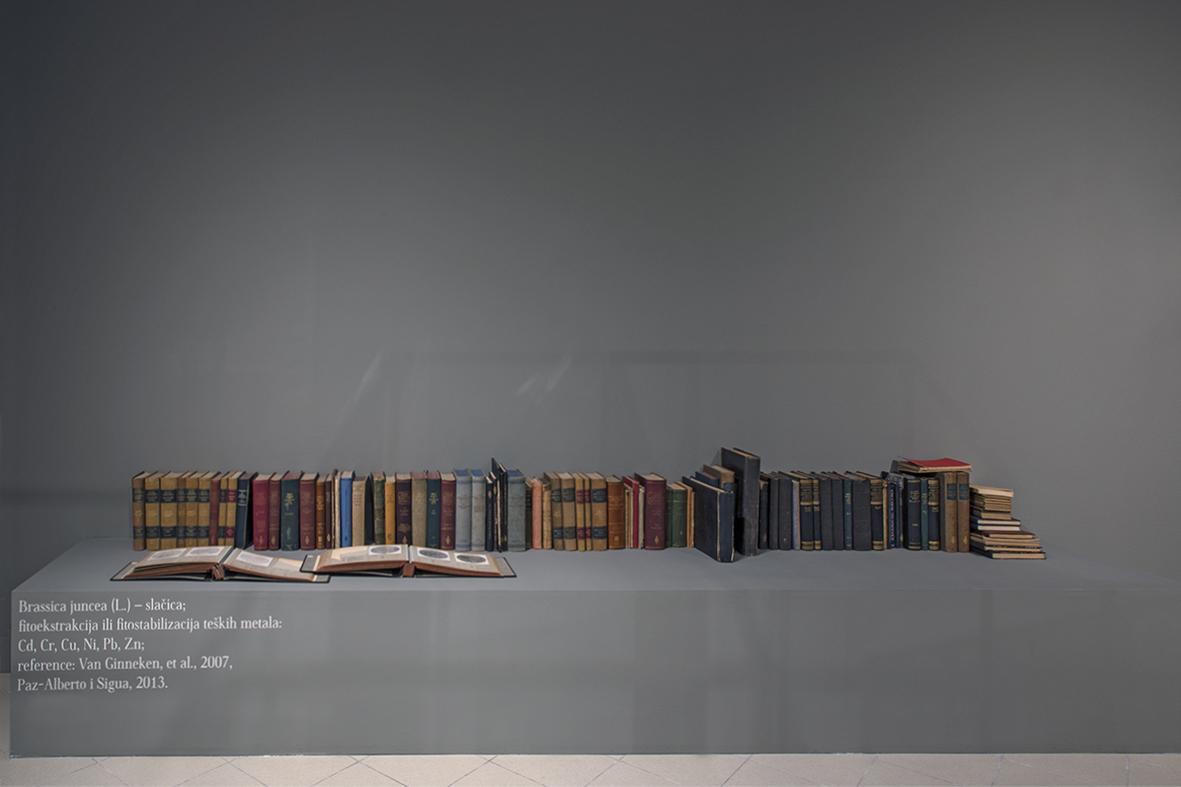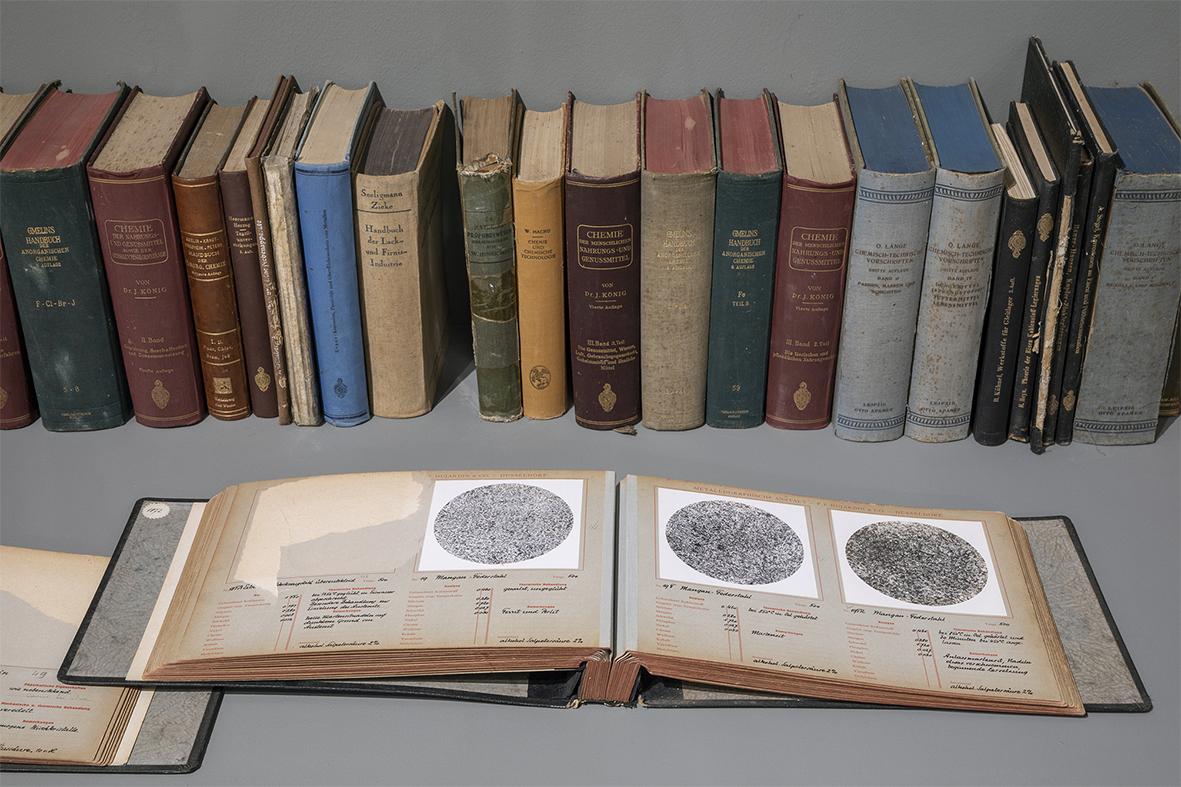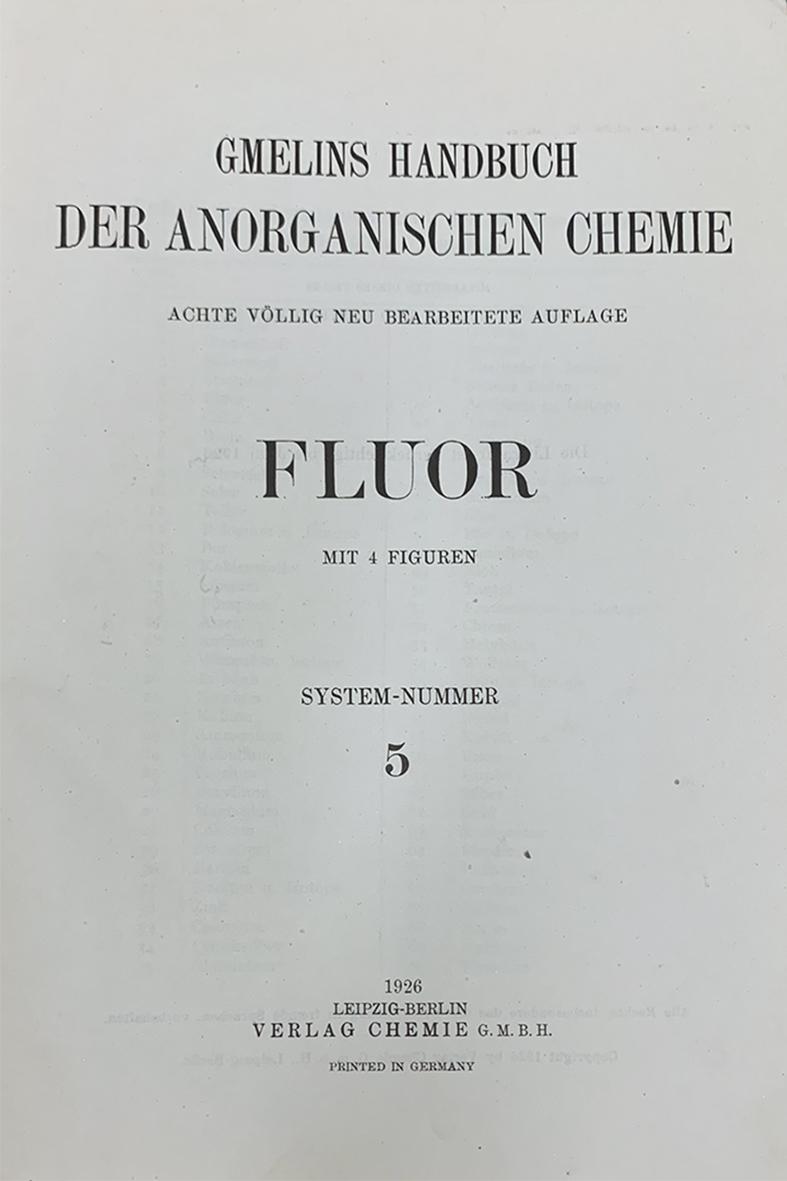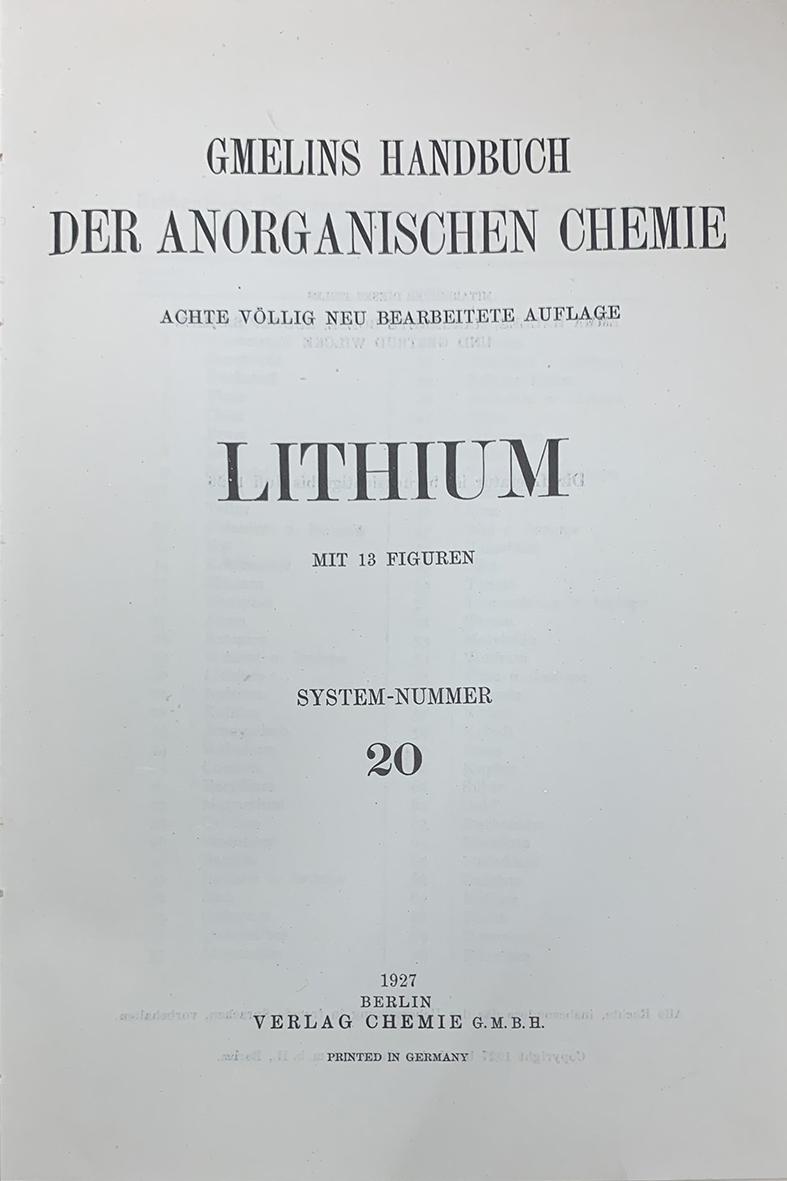Irena Lagator Pejović
works
- Word and Thought. The Big Abstract Painting
- Lines, Values, Coexistences
- United Species
- Means that Can Contribute to the Phytoremediation of Polluted Areas
- Saved Books. The Art of Transmitting the Knowledge Without the Need for Subsequent Reparation.
- “I Would Put All Mighty Weaponry Into the Museums That No One Visits”
- Expanses of Love
- “If I Were Ronald Regan”
- Nets, Nodes, Horizons
- Workers University
- My Father’s Salary
- Fiscal Verses. Reprogramming the Machine
- Missing Content
- The Knowledge of the Limited Responsibility Society
- Shared Air
- Blurred Landscapes
- There is Already a Feeling of a Flow
- Symbiotic Collection
- Maximum Profit - Minumum Time
- This is Not a Landscape Any Longer. Tolerance, Transparency, Transition.
- Nature Culture
- Pillars and Horizons
- Where is the Monument?
- Forward Play Reverse
- Life and Institution
- Capital Culture Cuts
- Two Safes. No keys!
- Non LLC l.l.c.
- Plastic Water
- Society and Documents
- Exchange Value
- Work in Public Space
- Institution Nature
- LLC versus Non LLC
- Abbandoned Cinema
- Freedom Security Progress
- Occupying/Liberating Space and Time
- Directions
- Image Images
- Property
- Dissapearance Appearance
- Further than Beyond
- Image Think
- Ecce Mundi
- Camera Imaginata. The Means for Exchanging the Power of the Imagination
- Means for Intensifiying a Sense of Poetic Reconstruction of the World
- The Society of Peaceful Coexistence, Santa Croce sull’Arno
- Installation for Improving the Sense of Responsibility
- Equation Function
- Limited Responsibility Society, Santa Croce sull’Arno
- Resistence Reservoir
- Limited Responsibility Society, Polignano a Mare
- Limited Responsibility Society Automatism
- Experience Economy History
- The Society of Peaceful Coexistence, Belgrade
- Responsitorium Horizon Poems
- Time of Limited Responsibility Society
- Limited Responsibility Society Experiment, Salzburg
- Present Space Expansion
- Cultural Barriers to Growth
- Countinuous Limited Responsibility Society
- Knowledge of the Limited Responsibility Society
- Limited Responsibility Society Experiment, Strobl
- Limited Responsibility Society By Night
- Limited Responsibility Society, Cetinje
- Inverse Spaces
- Our Colored Everyday
- Machine Error. Shape a Book
- What We Call Real
- After Memory
- Next
- Is It Still Winter, Outside?
- The Way We Live
- How Small is the Universe
- Living Space
- The Society of Unlimited Responsiblity
- Own Space
- Living Room
- Near Universe
- An Embrace in the Space
- Light in Space
- Please Wait Here
- Wash Inside Out
- What is Missing
- Temporary Dumping Place. Rotations in the Given Space
- Opening of the Book
- Registrar
- May I Help You
- Passerby
- Are You Happy Now
- BBBBeauty
- Tell Why
- Witnes of Time - Now
- Witnes of Time
- It is Made for You
Saved Books. The Art of Transmitting the Knowledge Without the Need for Subsequent Reparation.
2023
an interactive installation
350 x 70 x 46 cm
102 books, albums and lexicons in English and German in the fields of analytical, organic and inorganic chemistry, chemical technology and theory, metallography, microscopy, meteorology...
available for internal use.
Courtesy of the artist and the scientist who wished to remain anonymous.
Exhibition/Venue: Irena Lagator Pejović, Expanses of Love, Art Gallery „Nadežda Petrović”, Čačak, Serbia, curated by Patrycja Rylko and Julka Marinković, 2023.
Photo: Ivan Petrović, Irena Lagator Pejović
During the two years of pandemic isolation periods, the artist Irena Lagator Pejovic received 102 book as a gift from a scientist who wishes to remain anonymous. Apart from the books, there are also scientific albums, charts and lexicons from the first half of the XX century in English and German languages. All of them travelled to the Adriatic coast region as a gift during a process of the Great War reparation procedures. Books cover the fields of study of metals and other materials that are used in the naval industry, and the testing of those materials’ chemical composition and mechanical-technological characteristics, such as: metal protection, microscopy, general, physical, analytical, organic and inorganic chemistry, chemical technology and theory, metallography, physics and, interestingly enough – meteorology.
But the gift gesture to the artist is not the only one done by the scientist. All these knowledge-transmitting objects were illegally saved from systematic destruction by the scientist during the process of privatisation in the 90s, when an ex-war and subsequently trade shipyard and its belonging laboratory for testing the materials containing more than 6000 books, were planned to be transformed into a luxury tourist complex. The entire committee body of workers and scientists did not follow the order by authority about the books destruction. So I brought home a small part of the books, to save them – acknowledges the scientist to the artist.
This interactive installation is at disposal to consultation to the interested audience during the time of the exhibition, the act that renders them more open and accessible. This survived knowledge originating from the first half of the XX century can be understood as a trace of love for and protection of knowledge that has been dominated by the finance in the second half of the century. However, they also remain a silent reminder of the knowledge misuse if paradoxical conditions that lead to war reparations are to exist at all. In exchange for damage, knowledge is given that serves to inflict maximum damage on the enemy.
Reparation, however, returns to be an urgently needed process and strategic tool in the areas affected by ceaseless damages of different types even in the XXI century. Nevertheless, the reparation of knowledge from the ongoing financial captivation since the second half of the XX century demands the urgent artistic and intellectual strategy for reconstructing more compassionately and ecologically the political and life conditions.
What the scientist wanted from me as an artist, I guess, is to try a different, cultural strategy. After all, the networks of knowledge, as back in the 17th century landscape painting when the landscape, rather than the battle, became the focus (Peter Weibel), when the artists were also surveyors and art connected to science, are the only ones able of expanses of love in which there is enough space for all.
The installation gives to the audience the access to the books about research of the materials, but most importantly through questioning the materiality we can all learn how to avoid the tragedies from the past. We see only as much as we know – that was the discovery of the post-WWII psychology of creative seeing. Additionally, if the call For the autonomy of knowledge against the dominance of finance (Franco Bifo Berardi) is one crucial step for the future for everyone, the next one might be The Art of Transmitting Knowledge Without the Need for Subsequent Reparation. (Irena Lagator Pejović)
